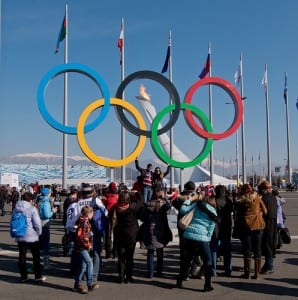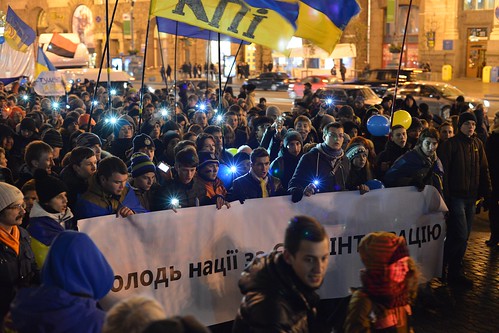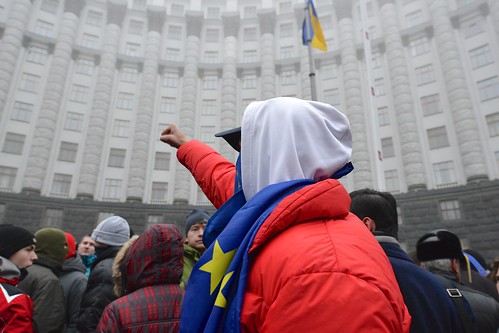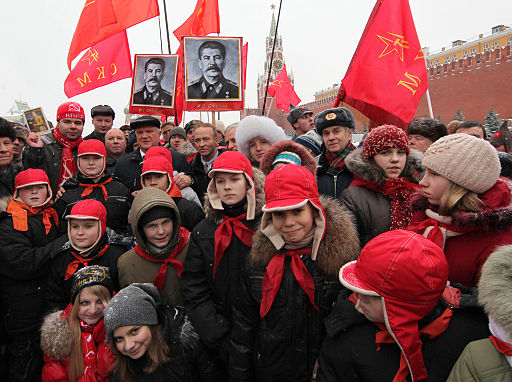Slamming Sochi?
By Sean L Hanley, on 17 February 2014

Photo: kenyee BY-NC-ND 2.0
The international media’s predictable appetite for Olympic bad news stories has led to unduly negative coverage of the Sochi games, argues Valerie Pacer. However, the influence of Vladimir Putin and Russia’s ruling party still seems close at hand.
In the lead in to the Sochi Winter Olympics, much media attention has been focused on Russia’s controversial homosexual propaganda laws, environmental concerns, Russian corruption, and the composition of the national teams being sent to Sochi.
The week before the Opening Ceremony brought more negative coverage as journalists began to file Sochi-based reports. Neither has the Opening Ceremony escaped criticism. With all the coverage focusing on the negatives and less on the athletes and the events has the reporting been, as state-owned international cable channel Russia Today argued, a case of ‘see it, slam it’?
Some of the criticism has certainly been deserved, but has the coverage been overblown? As journalists began arriving in Sochi stories emerged of the non-existence of hotel lobbies, lack of door handles and uncovered manholes around the city.
But stories about the questionable colour of the tap water, although strange for Westerners, are not that unusual for a country where people who can afford it drink bottled water – and are more of a concern for Sochi residents than people who will be there for only a few weeks. The problems encountered show the difficulties of taking a city with limited modern infrastructure – and of building it into a modern Olympic calibre city in only seven years. (more…)
 Close
Close








